
Extravagant spending at the top of Dundee University, including first-class hotel stays and business-class flights, has angered staff who fear their jobs are risk.
Operations employees will see their pay reduced, with one university chief warning that, without serious savings, the institution could close in two years.
Management’s reputation among frontline staff was further dented when principal Iain Gillespie failed to turn up for a staff question time event just days after declaring job losses are “inevitable”.
Yet the issues facing the university, including a £30 million shortfall, are more deep set.
And, across Scotland, others are braced for similar cuts despite the nation’s status as an education destination.
It is a reputation that encourages tens of thousands to flock to the country every year to complete their studies, often at a premium price.
But could that excellence – and, crucially, the revenue that comes with such prestige – be at risk?
We take a look at what has gone wrong.
Legacy of free education
“The rocks will melt with the sun before I allow tuition fees to be imposed on Scotland’s students,” the late First Minister Alex Salmond declared in 2011.
Scots students leave university burdened with less debt than their English peers.
This “free education” slogan is a staple of SNP campaign materials and arguably the achievement in government the party is most proud of.
Several first ministers later, the party’s commitment on the issue remains resolute.
And Scottish Labour, the most likely challengers to the nationalists in the 2026 election, appear to agree, with leader Anas Sarwar insisting the debate is closed.
But under the surface, the sector is unhappy.
Universities Scotland, the umbrella body representing the higher education sector, says “a decade-long near freeze in funding undergraduate education for home students” had created “funding models that are unsustainable” in both England and Scotland.
There has been a widening per-student funding north and south of border, meaning Scottish universities receive significantly less cash.
This has only worsened after the new UK Government announced a £285 per-year rise in fees.
Universities Scotland added: “We are clear of the need for the Scottish Government to address our own funding challenge – which gets more acute every year.
“Without swift intervention from the Scottish Government, [the UK Government] announcement will increase the funding gulf between undergraduate education for Scottish students and their peers in England.”
Problem for University of Dundee
Why are some significant figures within the sector questioning the status quo?
The increase in tuition fees south of the border provided a welcome boost to university finances.
But on these shores, since 2014 the amount of direct public funding per Scottish student has decreased by 22%, with half of that decline occurring since 2021.
This is a problem for the University of Dundee.
And this factor, more than any other, is cited by those at the top of Scotland’s universities as the cause of their financial concerns.
International student income
Record numbers of foreign students arrived in Scotland to study in 2022/23.
Of the 292,240 higher education students, 173,745 were from Scotland and nearly 84,000 were from abroad.
And it is the financial contributions from these foreign students which universities say makes free tuition possible for their Scottish peers.
It represents a vital cash source for the University of Dundee.
At undergraduate level, foreign students can expect to pay upwards of £52,000 a year for highly competitive degrees like medicine.
At post-graduate level international students enrolling from next September will pay around £21,000 per year of study.
In total, international fees netted the university around £73 million in 2022/23 – around 24% of their entire income.
The majority of these students come from China, India and Nigeria.
But the sector has reported a significant reduction in international recruitment in the last 18 months.
They say immigration rule changes, including a ban on international students from bringing dependents to the UK, have made Britain a less attractive education destination.
A Universities Scotland spokesman said in August: “The data set it is a snap-shot from almost two-years ago, before we saw sudden fluctuations in international demand and a further year of the threats of more restrictive changes to UK immigration policy.
“That means this data does not provide a sense of what universities are experiencing now.”
The University of Dundee is understood to have been particularly badly impacted.
Its under-fire principal Gillespie says Scots institutions have a “greater reliance” on this cash to cover domestic costs.
“The funding from international students to make up the shortfall in per-student funding for domiciled students is just not there and we’re not confident it is coming back,” a source told The Courier.
Budget decisions from London have also had an impact, but it is thought these had worsened the problem rather than created it.
This includes the hike in employer National Insurance contributions, which will make staffing universities around 2% more expensive than it is now.
It was this issue that First Minister John Swinney pointed to when he was asked about the universities in crisis in the Scottish Parliament.
What is the solution to university crisis?
Education experts say reform is desperately needed.
Questions have long been raised about the sustainability of the size of the university sector in comparison with Scotland’s population of 5.4million, 15.3% of which is aged under 15.
Grant Ritchie, the former principal of Dundee and Angus College a member of the board of the Scottish Funding Council, told the Times mergers may be the solution.
He said both further and higher education in Scotland were “in a state of financial crisis and there are really tough decisions that need to be made by individual institutions and by institutions collectively”.
He told the newspaper tough decisions would be required: “Mergers and intensive collaboration are required to make sense of the large number of institutions that we have in Scotland.”
His remarks come 13 years after a row broke out following talk of a potential merger between Abertay and Dundee universities.
Other experts say more practical reforms are necessary, including changes to how undergraduate degrees are delivered.
Lindsay Paterson, professor of education policy at the University of Edinburgh, told The Courier there should be a move to delivering degrees in three years rather than four, as is standing in England.
He said: “Scotland has drifted into a situation where the normal length of a degree programme is four years without any systematic thought having been given to whether that is the most appropriate length for most students, or the most effective way of achieving the educational aims of an undergraduate degree.
“Shifting to a norm of three years would save students and the taxpayer money.
“For the minority who wanted to study beyond that level, two-year post-graduate courses instead of the present one-year MSc course may well be more effective.
“But these are speculative suggestions.
“What is urgently needed is a coordinated inquiry, set up by the Scottish Government but operating independently of politics, into what works best, both educationally and financially.”

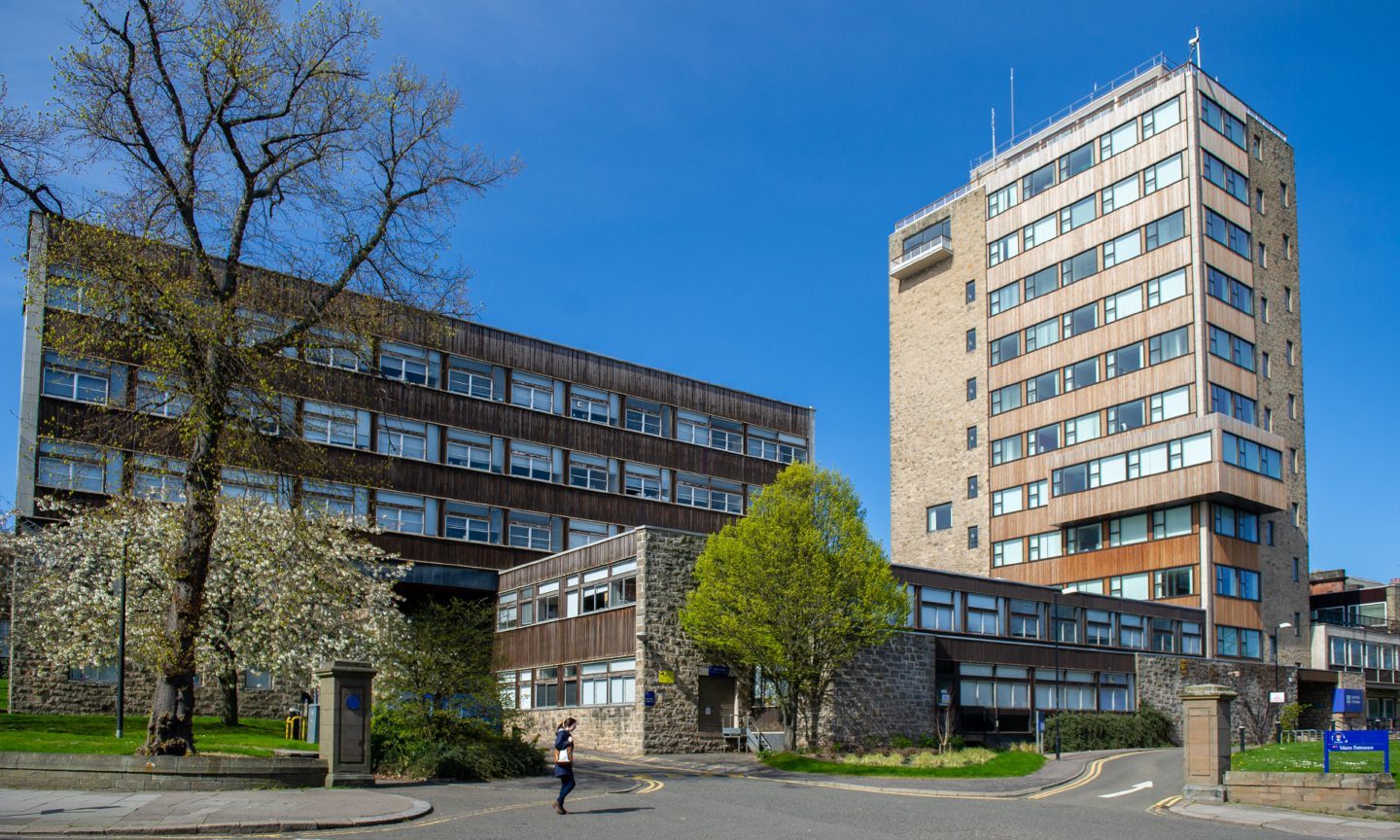





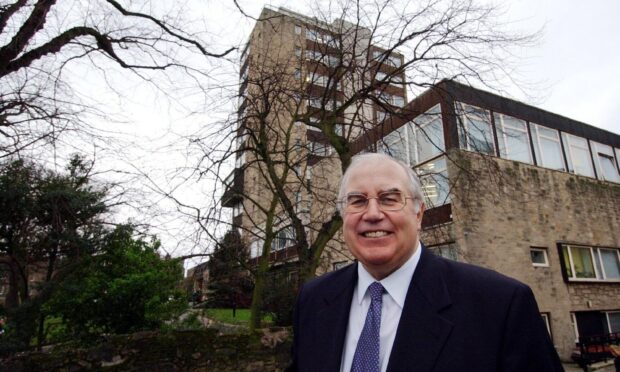

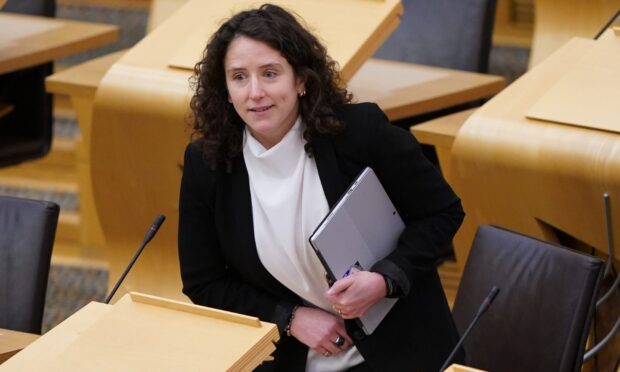
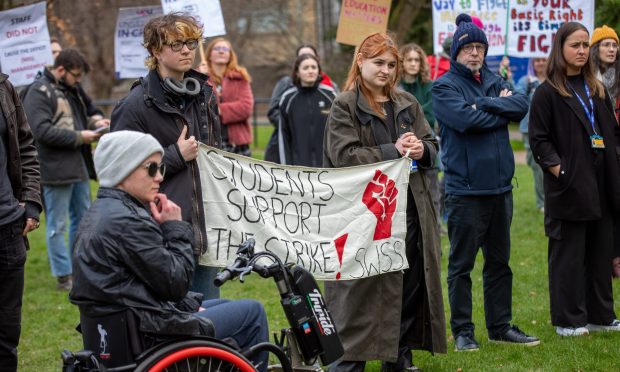
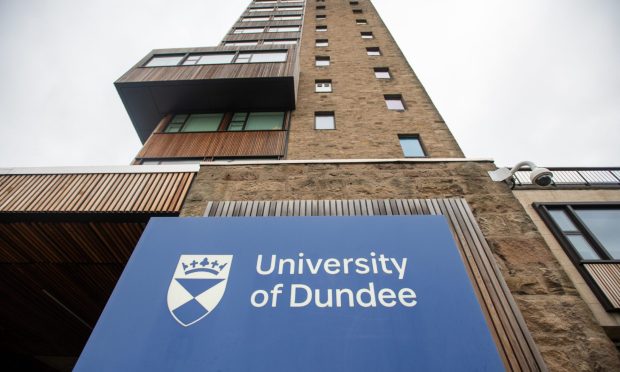
Conversation